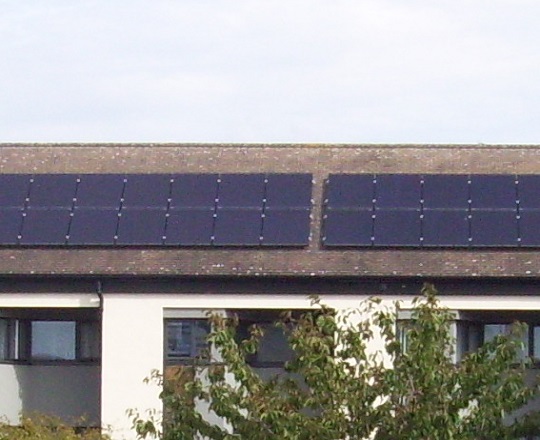A green recovery plan for the UK?

The World Economic Forum has said that politicians around the world delayed decisive action on COVID19 until it became inevitable.
The greater the delay, they assert, the greater the cost, both financially and in lives lost. An example is the USA where the introduction of social distancing one week earlier could have prevented over one half of the deaths that have occurred.
During the lockdown, we enjoyed cleaner air, relief from traffic noise and pollution and a return of wildlife. Many towns and cities are attempting to ensure that the ‘new normal’ is less polluting. But even if these schemes succeed, the effect on long term climate change is expected to be minimal.
The climate issue is being fought out in the US election. The Trump administration has granted over 3000 Pollution Monitoring Exemptions to the oil and gas industry – ending measures to ensure that pollution is monitored to ensure that it doesn’t reach dangerous levels.,Joe Biden, his challenger, is pledging a green recovery plan – a $2trn programme to create ‘green jobs’ over a four year period.
In Europe, the EU recovery plan and budget specifies that almost one third of spending should be tied to green jobs. The European commission said the “decisions on how we build back the economy will impact the (climate change) trajectory”.
Action to tackle climate change has been a difficult sell, but that might be changing. Investing in green technology, and especially renewable energy, now looks like a more effective way to revive the economy than the traditional stimulus methods, especially given the huge cost of keeping the economy going through the pandemic.
The COVID 19 emergency has also shown that long and complex supply chains in a global economy can easily be disrupted. The crisis that was experienced obtaining medical supplies and PPE has meant that the security of supplies is an issue. The ability to source production locally is now on the agenda.
Our top five oil and gas providers last year included Russia, Algeria and war torn Libya. As well as the economic benefits, wouldn’t it be more secure to build wind turbines and solar panels instead?
In Britain, the Government is also talking about a green recovery plan as part of the drive to rebuild the economy. But the messages are mixed, with the Government also calling for home workers to return to offices to boost city centre businesses. We all know that the decline of the high street predates the pandemic.
Some initiatives to combat pollution in cities are under threat now. Leeds had planned a Clean Air Zone with Government support, but during the pandemic pollution levels in the city fell below their previous dangerous levels, so Government support will not happen unless dangerous levels return. In Newcastle another Clean Air Zone is in doubt. In Scotland the introduction of Low Emission Zones will now be delayed until 2022 in Aberdeen, Dundee, Glasgow and Edinburgh.
Developing a green economy now makes economic sense (though it might still be difficult to sell to the public), so perhaps the message of environmentalists should change to one of hope, rather than doom and gloom.
Except for one more lesson from the pandemic. The more that Governments delay, the greater the cost will be.

